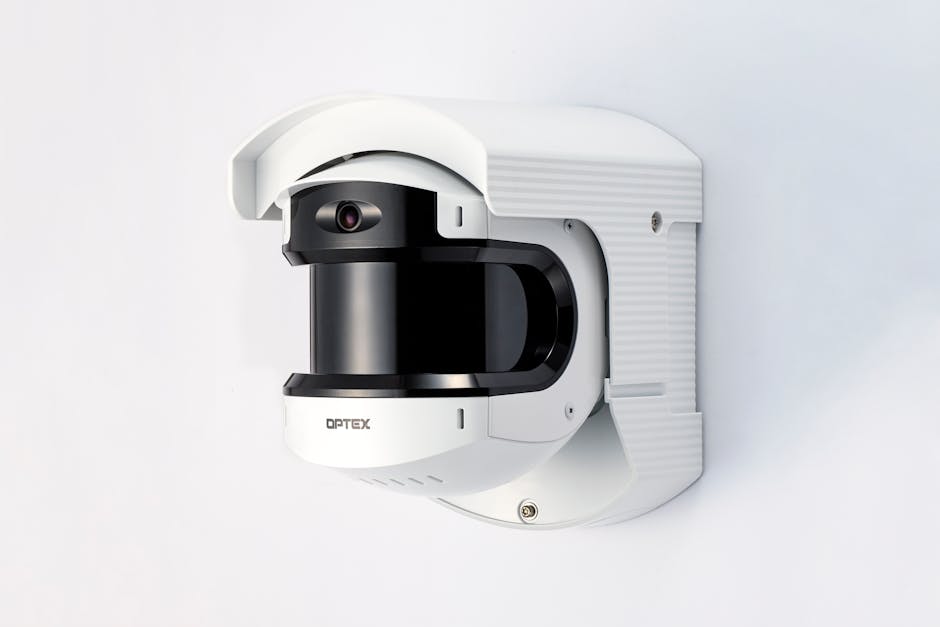Overview of Different Types of Security Systems where safety
Overview of Different Types of Security Systems where safety
Blog Article

In an era where safety and security are paramount, the role of security systems has become increasingly vital. Homeowners and business operators alike are investing in various types of security measures to protect their properties and loved ones. Understanding the effectiveness of these systems is essential for making informed decisions about which security solutions best meet individual needs. This article will explore the different types of security systems, their effectiveness, relevant case studies, and the factors that influence security system performance.
Overview of Different Types of Security Systems
Security systems can be broadly categorized into several types, each offering unique features and benefits. The most common types include:
Alarm Systems
Alarm systems are designed to detect unauthorized access to a property. They typically include door and window sensors, motion detectors, and a loud alarm that activates when a breach occurs. The effectiveness of alarm systems largely depends on their installation and monitoring. Systems that are professionally monitored tend to have higher success rates in deterring crime, as they provide immediate alerts to authorities.
Surveillance Cameras
Surveillance cameras are an essential component of many security setups. They allow for real-time monitoring and recording of activities in and around a property. The effectiveness of surveillance systems is often enhanced by high-quality cameras and proper placement. For instance, strategically positioning cameras to cover entry points can significantly reduce the likelihood of break-ins. Furthermore, advancements in technology have led to the development of smart cameras that can alert users to unusual activity, further improving security system effectiveness.
Smart Home Security Systems
Smart home security systems integrate various security devices, such as alarms, cameras, and smart locks, into a single platform that can be controlled remotely. These systems offer convenience and flexibility, allowing users to monitor their properties from anywhere. The effectiveness of smart home systems can be influenced by the user’s familiarity with the technology and how well the system is integrated with other smart home devices.
Case Studies and Statistics on Security System Performance
Numerous studies have illustrated the effectiveness of security systems in reducing crime rates. For example, a study conducted in urban areas found that properties equipped with surveillance cameras experienced a significant decline in theft and vandalism incidents. Additionally, neighborhoods that implemented community-wide alarm systems reported a 20% decrease in burglary rates. These statistics highlight the importance of investing in effective security measures to protect homes and businesses.
Real-world case studies further demonstrate these points. In one instance, a commercial property that installed a comprehensive security system, including alarms and surveillance cameras, was able to deter a potential break-in. The presence of visible security measures acted as a deterrent for criminals, showcasing the profound impact that well-implemented security systems can have on safety.
Factors Influencing Security System Effectiveness
While the type of security system plays a crucial role in its effectiveness, several other factors also contribute to overall performance:
Installation Quality
The quality of installation can significantly affect how well a security system functions. Poorly installed systems may fail to detect breaches or provide inadequate coverage. Engaging professional installers who understand the nuances of security systems can enhance their performance and reliability. For instance, professional security camera installation ensures optimal camera placement for maximum visibility.
User Behavior
An often-overlooked factor in security system effectiveness is user behavior. Systems that are not regularly maintained or monitored may fail to provide the intended level of security. Additionally, users who are not proactive in responding to alerts or notifications can compromise the system's overall effectiveness. Regular training and reminders on how to use the security system can help maintain high levels of security.
Technology Advancements
As technology evolves, so do security systems. Keeping abreast of advancements can lead to improved security measures. Upgrading to the latest technologies, such as enhanced motion detection or AI-driven analytics, can further enhance security system effectiveness, ensuring properties remain secure against emerging threats.
In conclusion, understanding the various types of security systems and their effectiveness is crucial for anyone looking to enhance their safety. By considering case studies and recognizing the factors that influence performance, individuals can make informed choices that lead to a more secure environment. Investing in quality installation and remaining engaged with security technology will ensure optimal protection for homes and businesses alike.
For those looking to enhance their security measures, professional security camera installation can be a significant step toward achieving better security system effectiveness.
Report this page